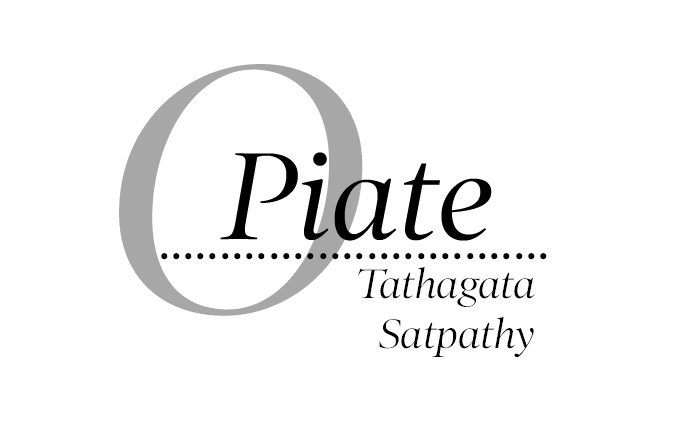The State Government has, in a Cabinet meet held 28 Dec 2020, decided to reserve seats in Engineering and Medical courses for students passing out of government schools. This has been done to encourage government school students who are currently dropping out in large numbers. This is a very welcome step. However, improving government schools in Odisha is a long and arduous task. There is a belief that to build a tall and sturdy structure, one needs to dig deep foundation. The government education system in the state is in complete disarray. A lack of physical infrastructure like classrooms, labs, toilets and in many cases playgrounds may not be the only hindrance. The major issue that is noticeable is the non availability of qualified teachers in sufficient numbers. Most schools in rural areas of the state are pitifully understaffed. Many a school has a single teacher teaching multiple subjects in different grades. The involvement of the teaching staff can safely be assumed as nonexistent. Most of the schools that previously had private management were aimed at creating wealth for those who established the institutions. Today, in changed circumstances, government appointed managing committees comprising local residents have not helped improve the standard of education. Most of the members of these committees are eyeing the benefits as they are supposedly temporary members. To put all the problems related to school education into one nutshell, it must be accepted that primary and secondary education system in the state has been a miserable failure. While government can obviously be blamed for the present situation, it is also important to note that local residents and guardians also play a major role in the decline in the level of education in government schools.
It may be exciting to claim that there will be reservations in state run engineering and medical colleges for students passing out of these government schools. The ocean of students appearing for Joint Entrance Examination (JEE) may give an impression that the old rut of education is still alive and kicking. This impression may not be completely wrong. However, reality is that a lot of students are now opting for courses such as liberal arts and humanities. No doubt, there still are enough parents forcing their wards to go in for competitive exams to join government service. On the other hand, with prosperity has come a desire to do something independent. As opportunities for jobs are shrinking, the course of education too has to be modified. Students and especially girls need to be academically and emotionally equipped to face modern challenges of society and individual life. Although girls of middle and upper class families perform well in academics, the lower middle class and poor sections of society accept their daughters dropping out early in school. With this female workforce remaining uneducated and untrained, it will become impractical to expect balance in society.
Admittedly, the reach and spread of government primary and secondary schools cannot be matched by private schools. For most of rural India including Orissa, the only choice for schooling is government operated institutions. Therefore, the state government’s intention of giving a fillip to the students from these schools may be considered a noble thought. But a thought is not enough. Government schools desperately need simultaneous focus on infrastructure, teaching staff as well as curriculum. This is a very difficult job but not unattainable. The example of the efforts of the Kejriwal government in Delhi is a point to ponder. In its first term, the Aam Aadmi Party government scrutinized and improved Delhi government schools as a core mission. The schools not only got improved infrastructure but also an overhaul of curriculum and teaching staff. Resultantly, many parents are now shifting their wards from private to government schools. Interestingly, this drive of the AAP benefitted Kejriwal politically also and it is said that the improvements in education led to the second time massive win of the party.
Orissa also needs focus to be laid on primary and secondary education. Baby steps need to be taken in revamping teachers’ training and testing their abilities. Once the human resource improves in quality, other aspects will slowly fall in line. This requires a missionary zeal of few individuals. Finding these individuals to lead this movement is of prime importance.
